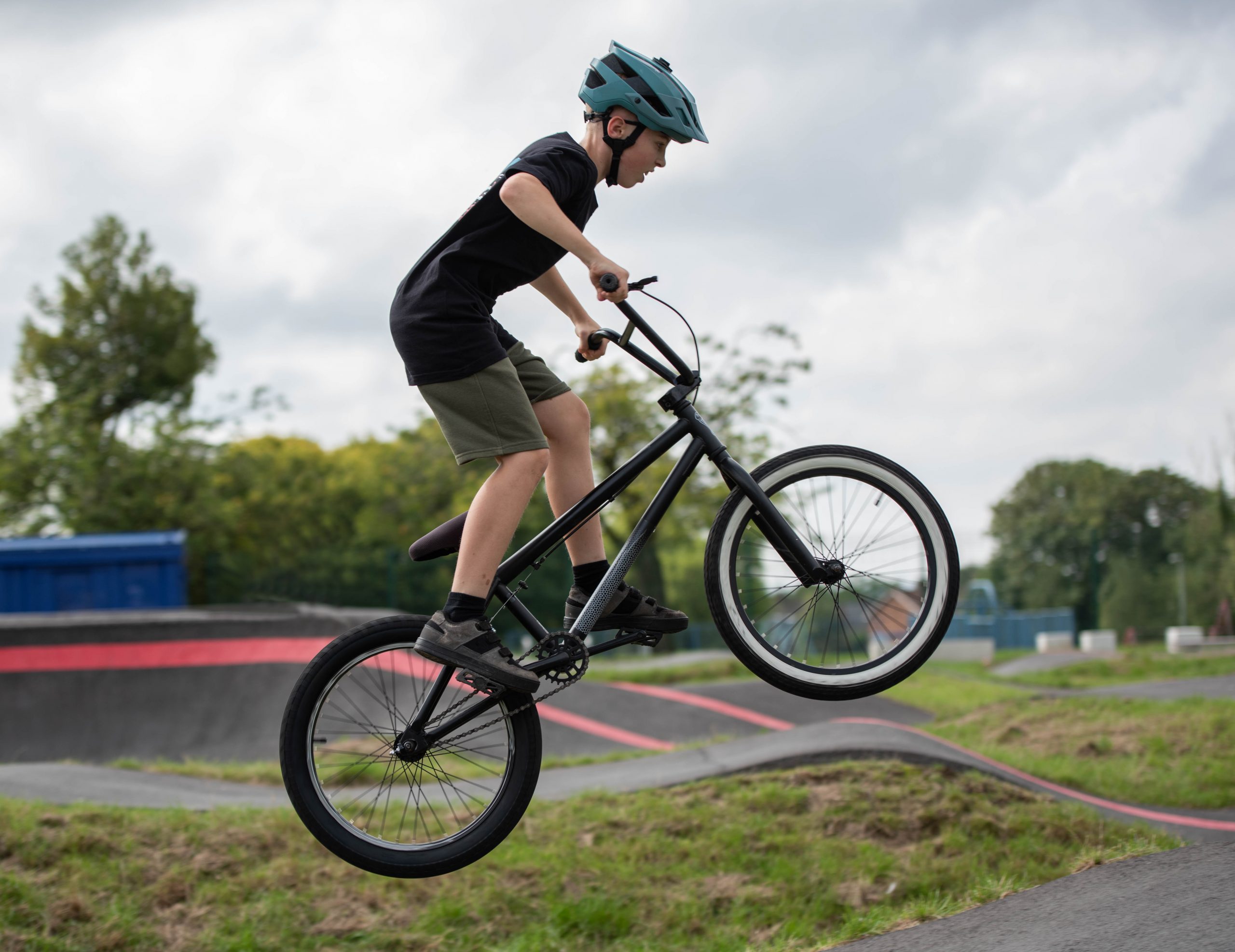The BMX Legacy Programme aims to enhance activity levels, health behaviours and wellbeing through the provision of BMX opportunities in ‘hard to reach’ communities.
The programme was launched in 2011 in partnership with five London Olympic and Paralympic host Boroughs. In 2014 Access Sport secured additional funding to expand delivery to an additional ten schools. spear was commissioned to support the development of a robust evidence base aligned to key government strategies and to inform the future of the programme through monitoring and evaluation guidance.
In 2019 spear was commissioned again to evaluate the programme annually for 3 years. The current evaluation draws upon quantitative methods to explore who was engaging with the programme and how the programme impacted participants’ wellbeing.
Key Findings
- Significant increases were evident in the activity levels of young people. These increases occurred between weeks 1 and 12 of engagement, and between week 1 and the 12-week follow-up.
- Significant increases were also evident in the percentage of young people who ‘take part in 30 mins of sport and/or physical activity, outside school, at least once in the past week’ between weeks 1 (62%) and 12 (73%), week 12 (73%) and 12-week follow-up (86%), and week 1 (62%) and 12-week follow-up (86%).
- The proportion of young people ‘active’ or ‘fairly active’ had increased over the programme, and the proportion of young people ‘less active’ had decreased
- Improvements were evident in young people’s attitudes to and perceptions of physical activity since taking part in the programme. Young people now say: they now do more activity or sport, want to do more activity or sport and ride a bike more since taking part in the programme
- A significant increase was evident in the percentage of young people who think ‘being healthy and active is important between weeks 1 (69%) and 12 (70%)
- Significant, incremental increases were evident in the percentage of young people who ‘can ride a bike’ and ‘feel confident riding a bike’ between weeks 1 and 12
- Boys were significantly more likely to take part in 30 minutes of sport and/or physical activity, outside school, at least once in the past week and to think they are good at these activities. However, girls were more likely to enjoy trying new activities and being with other people
Date: 2016-2018 and 2019-2021
Client: Access Sport and Sport England
 Centre for Sport, Physical Education and Activity Research (SPEAR)
Centre for Sport, Physical Education and Activity Research (SPEAR) Laura Ackerley
Laura Ackerley
 1119
1119


